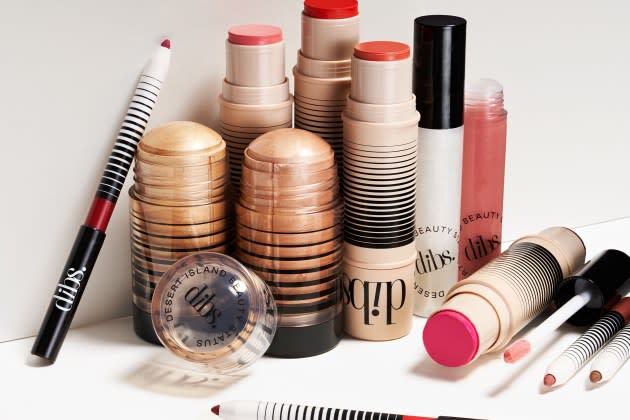Why L Catterton Is Making Smaller Bets on Beauty

L Catterton is fine-tuning its beauty strategy.
The private equity firm that in the past has invested in the likes of Tula, Oddity, The Honest Company and Nutrafol, has launched Elevate Beauty, a fund developed within L Catterton’s Growth Fund dedicated to investing in early-stage beauty businesses.
More from WWD
Gen Alpha Is Driving 49 Percent of Drugstore Skin Care Sales Growth, per NIQ
Monique Rodriguez on Why She Sold Her Cult Hair Care Brand to P&G
“Having invested across the beauty category for decades, we are acutely aware of the power that disruptive, consumer-driven brands can have for consumers in a competitive market and the impact of the right financial partner in driving that success long-term,” said Jon Owsley and Michael Farello, managing partners in L Catterton’s Growth fund, in a joint statement. “We are thrilled to have the opportunity to reach the growing number of attractive, emerging brands through our Elevate Beauty platform.”
Elevate Beauty will be led by Cori Aleardi, who most recently served as president of clinical skin care brand StriVectin (which L Catterton backed for many years). Prior to StriVectin, she held investment and operating roles at L Catterton.
Three recent L Catterton investments — cosmetics brand Dibs Beauty; plastic surgeon founded skin care line Eighth Day, and Irene Forte Skincare, a natural skin care label — will sit within Elevate Beauty.

Elevate Beauty can write checks from around $2 million to $15 million, though $5 million to $10 million is its sweet spot, Aleardi told WWD. In comparison, L Catterton’s growth fund is investing anywhere from $15 million to roughly $125 million per deal.
“It’s really around being able to not only provide capital, but to provide hands-on and very thoughtful partnership to these companies when they’re in what we would consider some of their most important decision making stages,” Aleardi said. “So that ability to get from a couple million dollars in revenue to $10 million or from $10 million to $20 million. Those management teams and founders are making extremely important decisions and don’t necessarily have the experience to know what’s around the corner. We are folks who have sat in the seat and can really help these management teams and founders look around the corner and say what are the right steps to take in order to build a successful long-term iconic brand.”
In skin care, Aleardi sees the most opportunities with in medical-backed and clean brands. On Eighth Day, she pointed to its scientific heritage, while for Irene Forte, she believe there is a set of consumers who are very focused on the natural category.
She’s also bullish about color cosmetics, highlighting how Dibs is making color really easy to understand with color combinations that are preset for the consumer.
In addition to skin care and color cosmetics, Aleardi sees a lot of opportunities in hair in terms of the skinification of hair, graying and wellness. Another area that she’s focused on is the fragrance category and how does fragrance invoke wellness as both a mood lifter and something that brings joy into the consumer’s life.
The number of investments per year “really will depend on the opportunities that we see. We’re not gated by only being able to do a few investments or have a target that we have to get certain ones done,” Aleardi said.
“We are not wedded to a certain playbook to be successful in this category,” she continued. “If anything, we really want to be thoughtful about what are the opportunities to either be disruptive, or to make sure that the strategic growth plan of a business is very much tied to the consumer insight as opposed to saying we are only interested in making investments that go into a Sephora and Ulta. That’s not how we think about the category. We think of this as a much broader consumer base and a much broader marketplace where we can find areas to be extremely successful.”
Best of WWD


